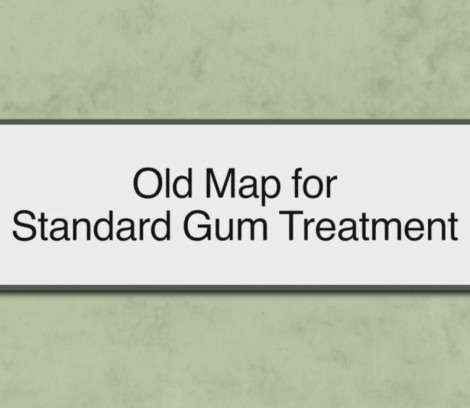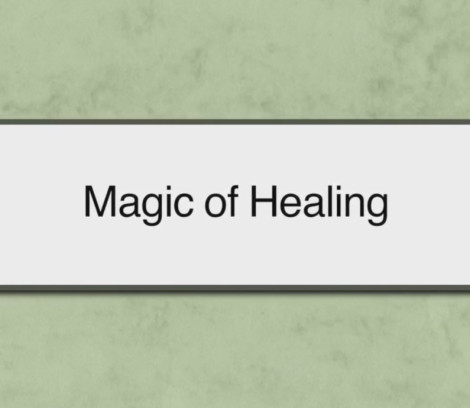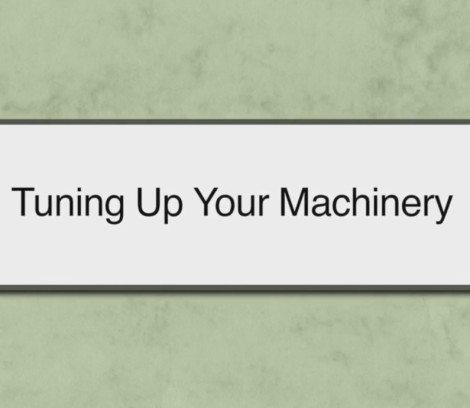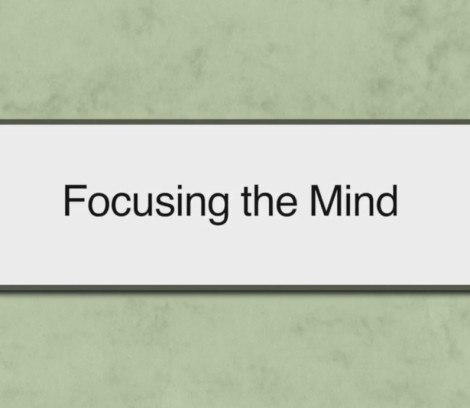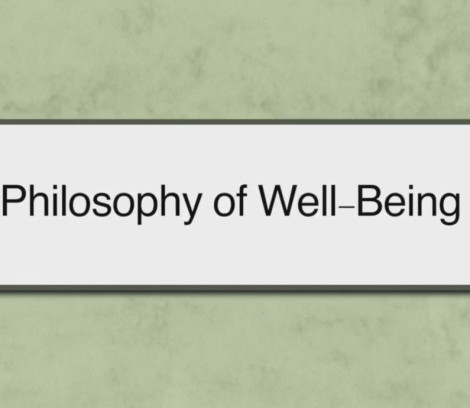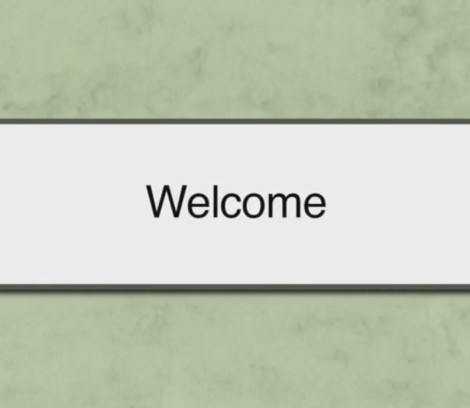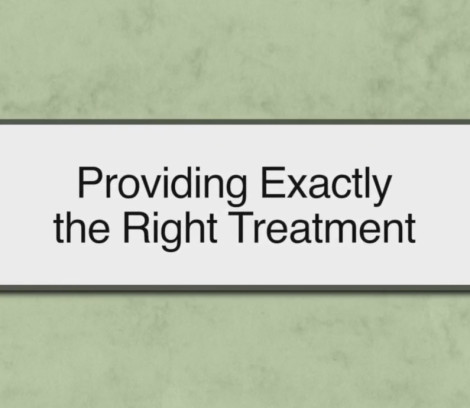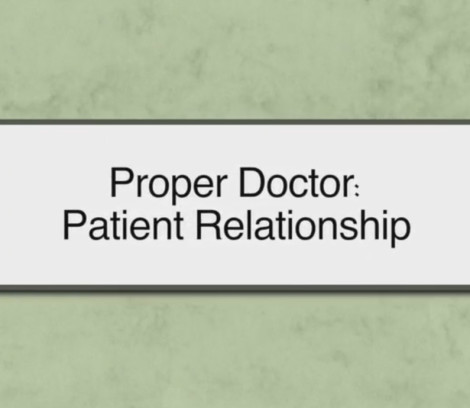#1 Effective Patient Behavior
The essential idea behind this lesson is that each individual, every patient needs to follow certain rules of behavior in order to have good dental health and overall well-being. After all, no doctor has ever actually healed a sick or diseased patient, ever. All healing must come from within each individual.
Let’s look these 3 ideas:
#1. You can keep your teeth throughout your lifetime.
#2. You can avoid dental repairs.
#3. These outcomes are really essential for your health and well-being.
We have already indicated that future individuals will take much better care of themselves, of their biologic machinery, than we do today. Our descendents will live more mindful, purposeful lives, creating good health, well-being and realizing their potentials. This includes caring for and keeping their teeth.
We, today, can do a lot better than we do. While we have all the knowledge and tools, we just don’t get the job done. Why not start here and now? Are you willing to step up and really maintain your personal machinery? In addition to living healthier and longer, to chewing effectively and getting more nutrients from your food, there actually are other reasons, practical and immediate reasons, for taking good care of your teeth.
Healthy teeth look good and don’t give off foul odors. Dirty teeth and foul mouth odors interfere with social interaction. Clean, fresh, odor-free mouths enhance personal friendships, business relations, family life, and especially romantic interactions.
Healthy teeth enhance self-esteem especially as we get older. Not only do we appear more vibrant and healthy to others, but we feel better about ourselves, too. Medical doctors of the past, especially anesthesiologists, used to assess their patient’s physiological age verses chronological age by examining the number and condition of remaining teeth.
Healthy teeth are economical. After all, repair work for teeth is costly and artificial replacements are even more expensive. No, the most economical path for the long run is to keep your own teeth in a healthy condition.
Okay, live longer, healthier, have better nourishment, be more attractive to others, feel better about your self, and save money, too.
Why is it uncommon for people to go through their entire lives with all of their teeth? We don’t seem to have trouble keeping our toes or our fingers or our ears, or any of our other parts, for that matter. But the part of you, the part of your biologic machinery known as a tooth, remains readily expendable. It even has it’s own verb. You pull a tooth. Teeth get pulled. It sounds so primitive, so medieval.
And of course, we are taking the opposite position. Maintaining your personal biologic machinery means keeping all the parts, even those that you might be able to “get along without”.
Teeth need to be protected in three ways, from the environment, from your own actions, and even to a degree from professional dental treatment. In this situation, the so-called environment is much closer than you think. Billions of microbes naturally reside within your mouth. Most behave harmlessly; some may even be beneficial; all together they regarded as normal, normal flora.
So what happens to make teeth unhealthy? Well, the two diseases accounting for practically all the problems are tooth decay and gum disease. Both depend on your own misbehavior and that of your own mouth bacteria. To avoid decay and gum problems the solutions are both the same. It’s all about what you eat, how you clean, and finding the right help.
It all begins with the food you eat. Sugars and refined carbohydrates, artificial food products, tend to stick to your teeth. Mouth bacteria love these tasty morsels and grow new colonies like crazy. And some of these bacteria produce acids; they are real acid factories, spilling acids onto and into tooth surfaces. And acids do what acids do. They dissolve your teeth. You now have cavities, decayed teeth. These can progress into painful toothaches. Or they get bad enough that dental repair work is not possible. In either case, extracting the tooth is a real likelihood.
Remember that sugars and refined carbohydrates set the stage for tooth decay. Don’t eat these products. Instead, eat a wide variety of fresh, natural, whole foods. Deep down, you already know, that these are best for your biologic machinery in the first place.
Gum problems happen when food and bacteria accumulate around the necks of teeth against the gums. Your gums react to these deposits. They are beautifully designed to protect your insides, your biologic machinery. Everything the gums do is dedicated to protecting you. Inflammation, receding gums and even ultimate tooth loss are really examples of this protective function.
Next, let’s turn attention to cleaning your teeth. Bacterial colonies and other accumulated debris need to be removed mechanically every day. This is not rocket science here, but it does require your consistent attention. At any given time, dozens of products for cleaning teeth are available in the marketplace. This is big business, with lots of choices. No matter what products you decide to use to clean your teeth, here are a few simple rules for effective results.
- Pay attention. Use breathing techniques to focus and be aware when cleaning your teeth. (We’ll be talking a lot more about focus and awareness later on.)
Use a mirror and bright lighting and look at your teeth, really look where you are cleaning.
- Clean all surfaces, especially between the teeth. These between surfaces are the most prone to decay and gum problems. Using dental floss is a most effective technique to clean between the teeth. There are other methods, but developing skill in daily flossing is a worthwhile endeavor.
- Rinse often when cleaning. Send all that debris with its harmful bacteria down the drain.
No matter how effectively you clean or how carefully you eat, calcium salt deposits can attach to certain teeth surfaces. These so-called tartar or calculus deposits, covered by a blanket of bacteria, can be exceptionally difficult to remove, and they really upset your gums. Some of us form calculus more readily than others. A wide range exists among us.
While it may be theoretically possible to remove calculus on your own, in reality, it is impossible. It requires regular trips for maintenance at the dental office. So, let’s take a fresh look at these visits to the dentist. The mouth and teeth parts of your biologic machinery need regular professional maintenance. This is something you really need and want to do.
You go to the dentist or hygienist to get your teeth cleaned, that is, to have all tooth deposits and stains removed. You also want a careful examination of teeth and your entire mouth to make sure they are in good condition. And you want to know whether you are doing a good job with daily cleanings at home.
These are big responsibilities for both you and your dental professionals. First, be proactive during your appointment. Pay attention to what is being done and what is told to you. Ask questions. How are my teeth? Am I missing any areas with my cleanings? Do you see any potential problems? How is the rest of my mouth? Even take out a mirror at the end of your cleaning and look at your teeth. By asking questions and looking at your clean teeth, you are showing your dental professionals that you care and that they better care, too.
It’s up to you to make sure that your maintenance visits are thorough and effective. Don’t be passive and let everything up to the dental professionals. In today’s world, there is too little professional emphasis on excellent maintenance. Just go back to that recent American Dental Association Meeting, with 336 educational courses listed. Dozens of them deal with technology, lasers, implants, and computers. Even more of them teach the newest dental repair techniques. And there are plenty of business courses. Today’s dentistry has grown into just another big business in a world of big businesses. Where are courses teaching effective teeth cleaning, both personal and professional cleaning or about eating fresh, whole foods, or even about developing genuine, trusting doctor/patient relationships?
The lesson learned here is that it’s up to you, as individuals, to protect your own teeth. Pay attention. Be aware. Do your homework, your research. Network with one another. Seek out the most thorough professional dental cleanings and the best teachers and coaches.
